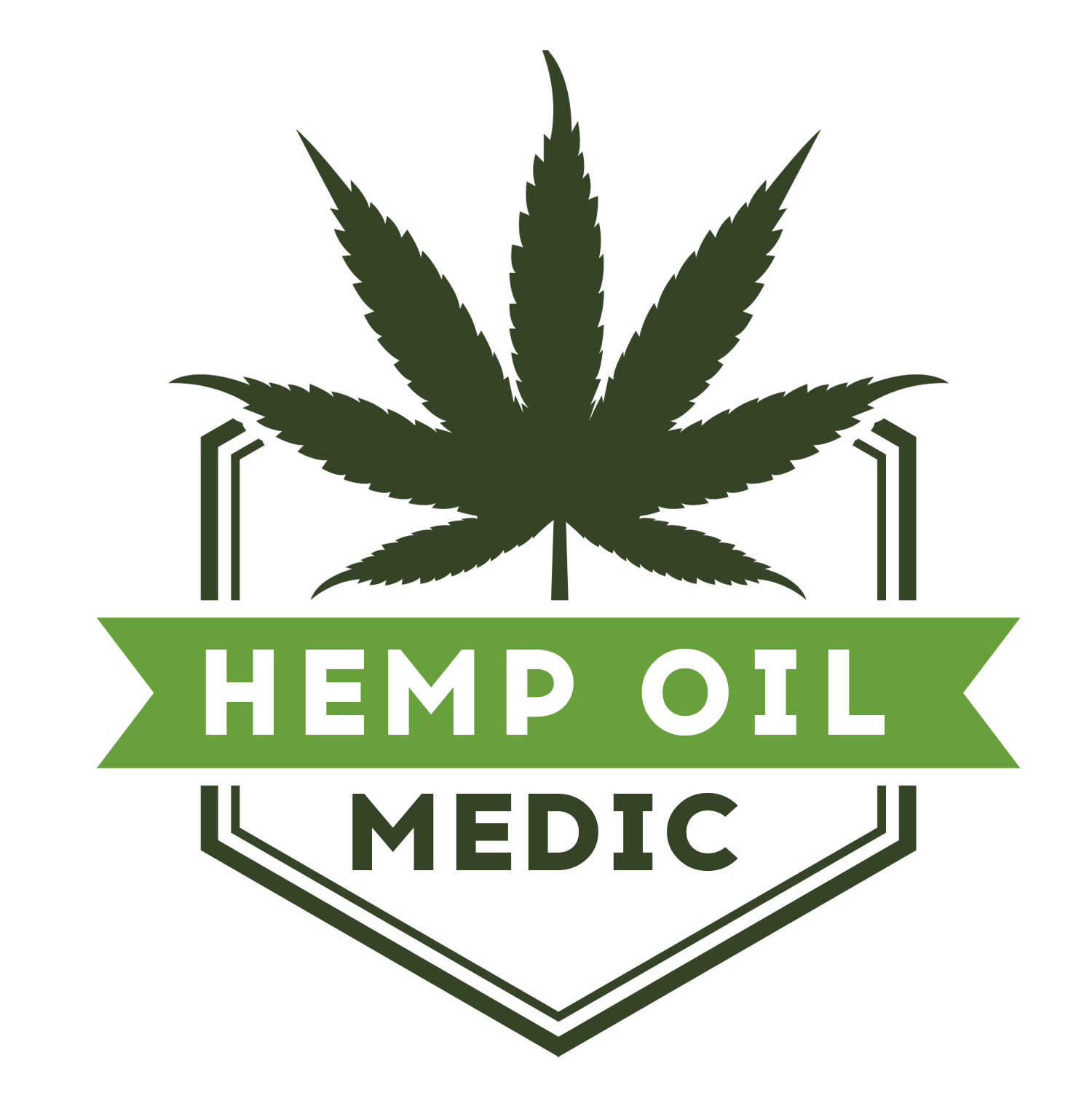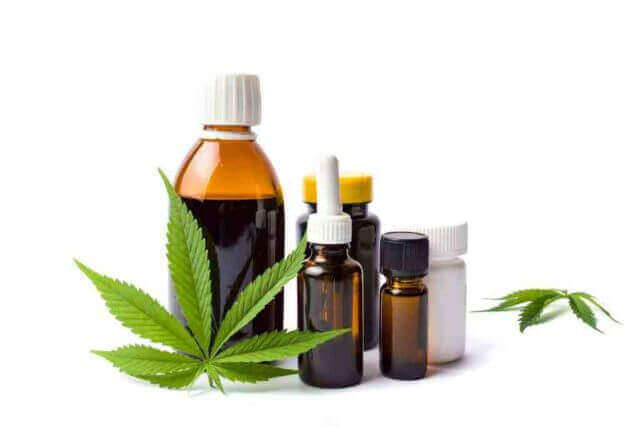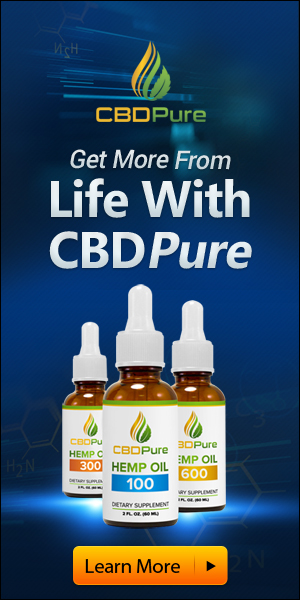Faced with an array of products being marketed as hemp-based oils, you’re probably wondering how to know the difference between CBD oil and hemp oil. With the recent rush for CBD-inspired products, there seems to be confusion created by the labeling and marketing pattern of some brands that are mixing the terms CBD and hemp seed up.
CBD and hemp seed oil are similar in the sense that they are members of the same cannabis family, as a result, they’re often incorrectly marketed as the same thing.
Why? Well, one reason is that today’s consumers are eager to pay more for CBD oil, which is a quite expensive ingredient when compared to hempseed oil. Consumers can be made to believe they’re purchasing a CBD product while paying a premium price when in the actual sense, the product contains no CBD at all.
Brands may add hemp seed oil to a product, adorn the packaging with hemp leaves and attach the word cannabis to give the impression that it contains CBD.
Also, some brands in a bid to avoid Food and Drug Administration (FDA) regulations on cannabis-derived products, market their products as hemp seed-based.o what differentiates one from the other and how can you as a consumer, identify which is which?
Sourcing And Extraction
To begin with, CBD and hemp oil are made from different sections of the cannabis plant. In making CBD oil, every part of the plant is used, including the stem and flowers, while seeds give off hemp oil. As a result of the increasing CBD industry, hemp oil is now more accurately known as hempseed oil.
The extraction process (separating CBD from the other compounds in the plant) employed by most popular producers involves ethanol or the carbon dioxide extraction method because these methods do not involve any harmful components.
Hemp (seed) oil is made using the cold press method, popular for producing sesame and other essential oils. Using a cold-pressing method helps to preserve all the natural, beneficial contents that the seeds have. Hemp seed shells are first removed, then the seeds are chilled and compressed to release the oil which makes as much as 50% the weight.
Contents And Uses
CBD oil has a significant CBD content and low tetrahydrocannabinol i.e. THC (less than 0.3%), THC is psychoactive that makes a person feel “high”. CBD oil, therefore, has the advantage of providing the healing properties of CBD, with none of the psychotropic effects of THC.
CBD oil is mainly used in the area of alternative wellness to help correct and regulate internal body systems. It is claimed to improve conditions like anxiety and epilepsy. it’s also been shown to have anti-inflammatory effects and therefore useful for sensitive skin, rashes, acne, eczema, and psoriasis.CBD is also rich in antioxidants.
Hemp (seed) oil, on the other hand, does not contain any CBD or other cannabinoids like THC. It is mainly used in food and cosmetic products. It has a high nutritional value and is regarded as one of the superfoods in many circles. It’s a major component of hair care products, lotions, and soaps because it has fatty acids that protect the skin and conserve moisture.
Marketing And Labelling
A hemp leaf symbol or designation of a product as hemp oil doesn’t necessarily make it a CBD product. Some products claim to be “infused with hemp oil”, but how much CBD does it contain?
Take a critical look at the labeling.
For CBD oil, look out for phrases like “whole-plant extract”, “CBD isolate” or “CBD distillate”, cannabinoids, etc. Other labels commonly associated with CBD oil are broad-spectrum, full-spectrum, PCR, or phytocannabinoid-rich. Hempseed oil will be listed as cannabis Sativa seed oil.
Conclusion
So, in summary, both CBD oil and hemp oil are useful for in the health industry but the differences lie in the part of the plant that each is made from, the production process, the contents and benefits of the products and of course, in how they are labeled and presented to the consumer.



